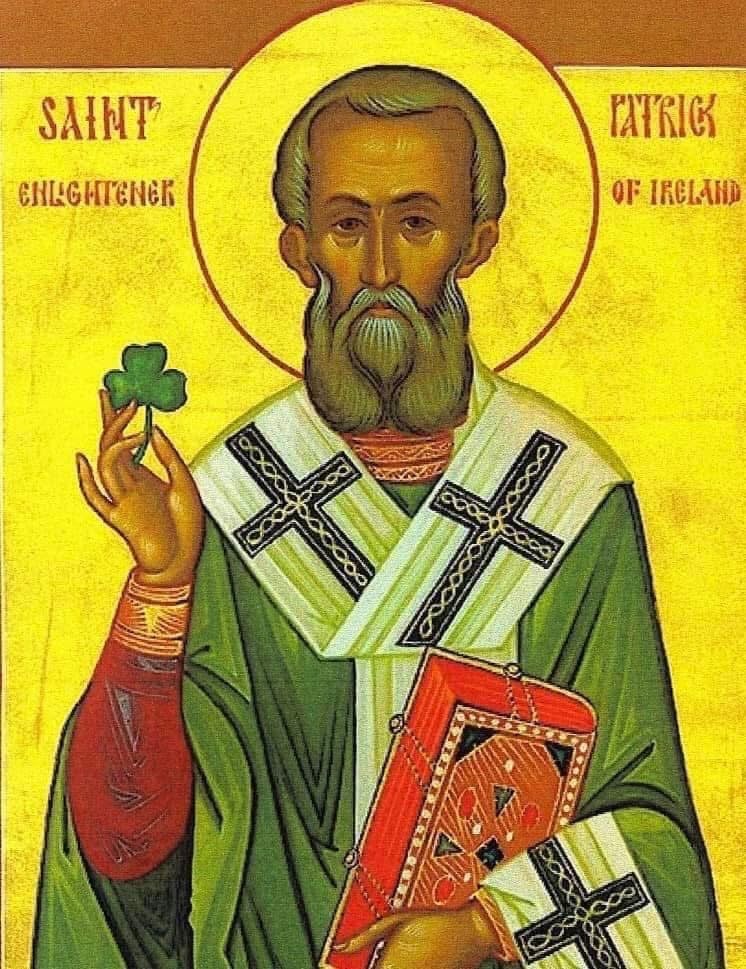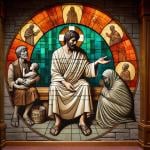Churches today can learn 3 lessons from the early Celtic Church.

More than 1,500 years ago the natives of Ireland were polytheist pagans who would consider themselves ‘spiritual;’ much like the growing group of unchurched Americans.
Ireland and the other British islands were on the furthest edge of the Roman Empire, and the furthest reach of Christianity.
Christian monasteries were established across Ireland under the Bishop Palladius. Palladius and the monks helped Christianity find a place among the Celts, before Patrick ever set foot on the Emerald Isle.
Many modern churches offer some sort of quiet, Anglican-based, liturgical, “Celtic service.” Christians in the ancient church wouldn’t recognize these services, but our grandparents certainly would.
Christians today can learn three lessons from the ancient practices of Celtic Christians.
-
Radical Hospitality
When Celtic visitors, non-Christians, ventured into an Irish monastery, the visitors were welcomed as though they were already Christians and members of the community. They ate, drank and worshiped with the monks as though they were Christians and not pagans.
In the Celtic tradition, no way would a stranger enter and not be welcomed enthusiastically. Nor would strangers be left alone.
It’s this hospitality that’s missing. And not cookies and coffee after the service in the fellowship hall, but full inclusion, as though visitors are already members.
Quiet contemplation is important, but how are visitors supposed to learn, if everyone is navel gazing contemplatively?
A Celtic service should have ushers and members assigned to welcome and assist visitors – to explain the service, before it begins. Not just hand out bulletins.
-
Radical Acceptance
The Trinity of Christianity fit perfectly with Celtic pagan polytheism. Pagan stones were re-carved to be Celtic crosses. Of course there is an after-life like Jesus describes, because Irish pagans believed in a “thin place” where the gap between the after-life and current-life is thinnest.
Christian Churches can benefit from radically accepting outsiders. People are accepted into the community exactly as they are: spiritual beings made by God, in the image of God.
-
Radical Faith
Irish Celts could find God everywhere. God made the world, so everything God made is sacred. The Celts knew to interact with the natural world as though it is holy.
Palladius and Patrick allowed a syncretism of Christianity and paganism. Not because Christians adopted the pagan practices, but because pagans recognized the Christian God in the things they already believed.
Christians in ancient Ireland recognized that one person’s “spirituality,” is another person’s Christianity and allowed room for both traditions.
Celtic pagans weren’t reading the Bible or quoting scripture. They didn’t argue over the fine points of the creation story. They recognized the presence of God.
God is here, now, among us.
Jesus said it, Christian monks in Ireland lived it, and the Celts believed it. We can, too.
Follow this link for a list of Celtic Christian books.
For more from Jim, follow these links:
The Clark Doll Study Documenting the Damage of Segregation
Do Christians Need to be Reminded that Racism is Immoral?
Notes from a Sermon: Mark 7: 24-37
Ω
Pastor Jim Meisner, Jr. is the author of the novel Faith, Hope, and Baseball, available on Amazon, or follow this link to order an autographed copy. He created and manages the Facebook page Faith on the Fringe.













